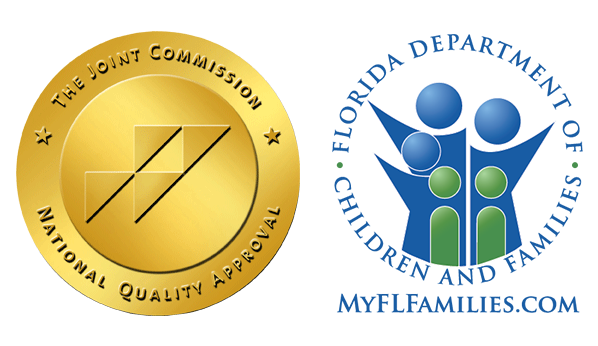Common drugs within the opioid family include codeine, fentanyl, and oxycodone. They work by blocking pain messages in your body. However, they don’t just alleviate physical pain. They also alter our psychological well-being, numb our emotions, and make us feel happy and content.
How Might Someone Develop an Opioid Dependency?
You may have started taking prescription opioids in good faith and as recommended by a medical professional. However, over time, you may come to find yourself misusing them. This could be due to the side effects, such as reducing anxiety and causing a ‘high’ feeling.
There is much debate surrounding whether the benefits outweigh the risks when using opioids for a prolonged period to treat conditions such as chronic pain. It is important to consider whether you need opioids, even if a doctor prescribes them. This is because there could be other alternatives that are more suitable as long-term use can lead to misuse and even accidental opioid overdose.
When misusing drugs, you might slip into physical or psychological dependence. This is an addiction, also known as opioid use disorder (OUD). In 2017, the U.S department of health and health services (HSS) declared opioid use a public health emergency.
Symptoms of an Opioid Dependency
Symptoms of opioid abuse can vary depending on the specific type of drug and length of use. Although it can often be difficult, it is important to understand the signs of addiction.
Common signs of opioid dependency include:
- A compulsion to keep taking opioids
- Increased drug tolerance
- Obsessively seeking out the drug
- Poor decision making
- Continuing to take opioids despite adverse effects on your daily living
- Social withdrawal
- Agitation
- Mood swings
It can be tricky for those struggling with a SUD to recognize signs and symptoms in themselves for several reasons. It can also be difficult for family members and friends to identify if addiction controls a loved one’s life.
People with a SUD can be prone to making bad choices. Remember that addiction is a disease, and these bad choices are a symptom of the disease. Knowledge and awareness are crucial to getting the help you deserve. If you have an opioid dependency, you will need to complete a medical detox.
Getting an Opioid Detox and Experiencing Withdrawal
Defeating an opioid addiction alone is virtually impossible. Due to the side effects and severity of addiction, attempting to go cold turkey is not safe nor recommended. Instead, it is best to seek advice and support from medical professionals. Across the country, detox facilities offer safe spaces and support to allow those with addictions to recover in a controlled way.
Some possible withdrawal symptoms with opioid dependency are:
- Stomach cramps
- Nausea
- Mood swings
- Pain
- Anxiety
- Irritability
- Insomnia
- Tremors
- Rapid heart rate
You might feel very ill while going through withdrawal. Though alarming, this is your body readjusting from opioid dependency. Should you experience severe withdrawal symptoms, there are medications available to ease them. Your doctor might have you taper off your opioid use slowly while monitoring your health closely.
Do You Need an Opioid Detox?
If you have been taking opioid medications for a prolonged period or have been misusing them, you will likely have become dependent on them. This dependence may show itself physically, with increased tolerance to them. It may present as psychological and come with a compulsion to seek out the drug irrespective of the bad choices you have to make. It could also be a combination of both.
You may not realize it now, but if you experience any of the above, you need an opioid detox. Yes, detox can seem challenging, but if medicated, it is much easier.
Although detox initiates the recovery process and enables many people to overcome their physical dependence, completing therapy alongside detoxing is exceptionally beneficial. This is because the psychological side of addiction will last longer than the physical aspect of it.
Support groups and expert treatment centers are available that offer long-term guidance on your road to recovery – Contact us for help and information.












